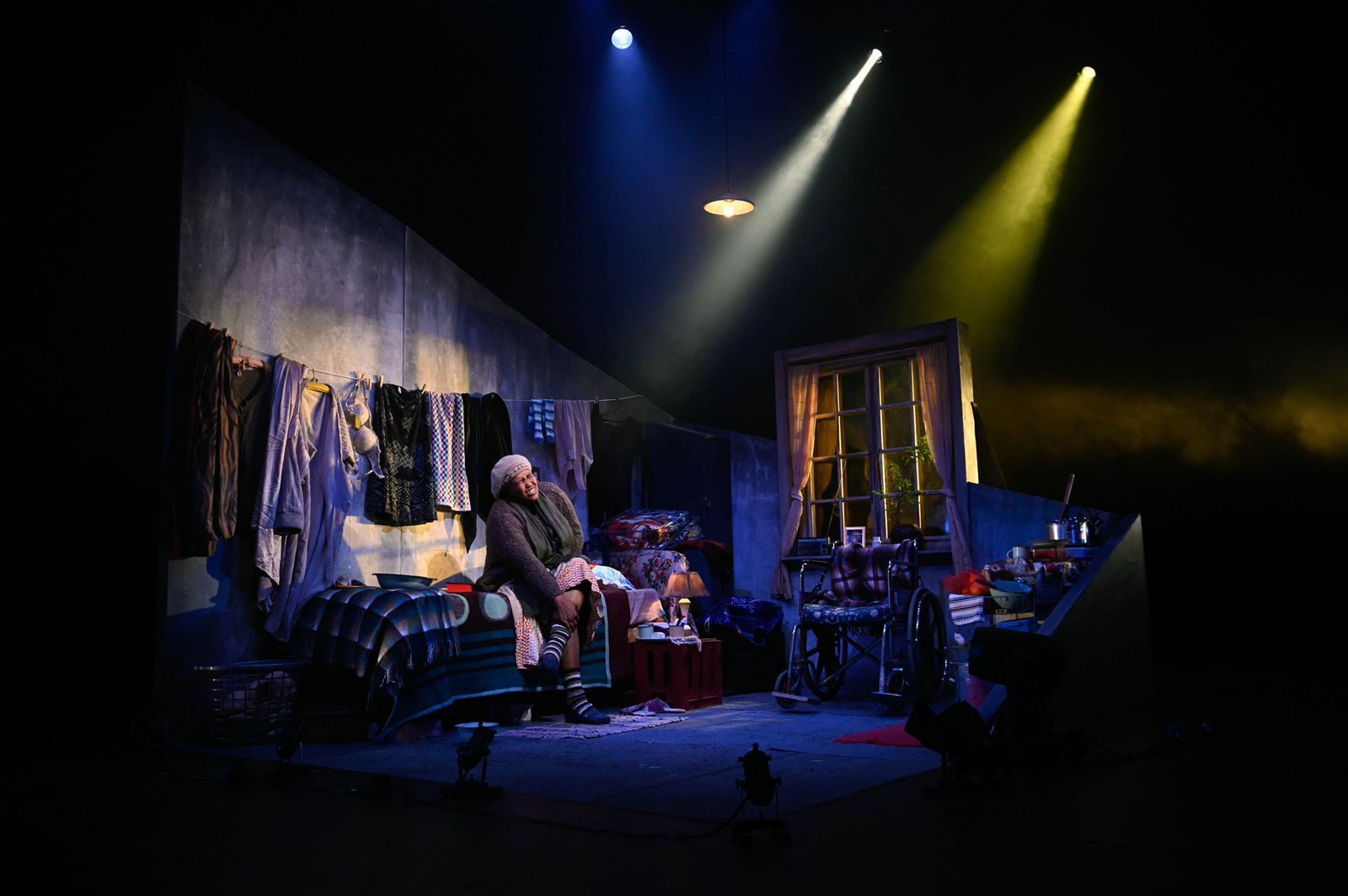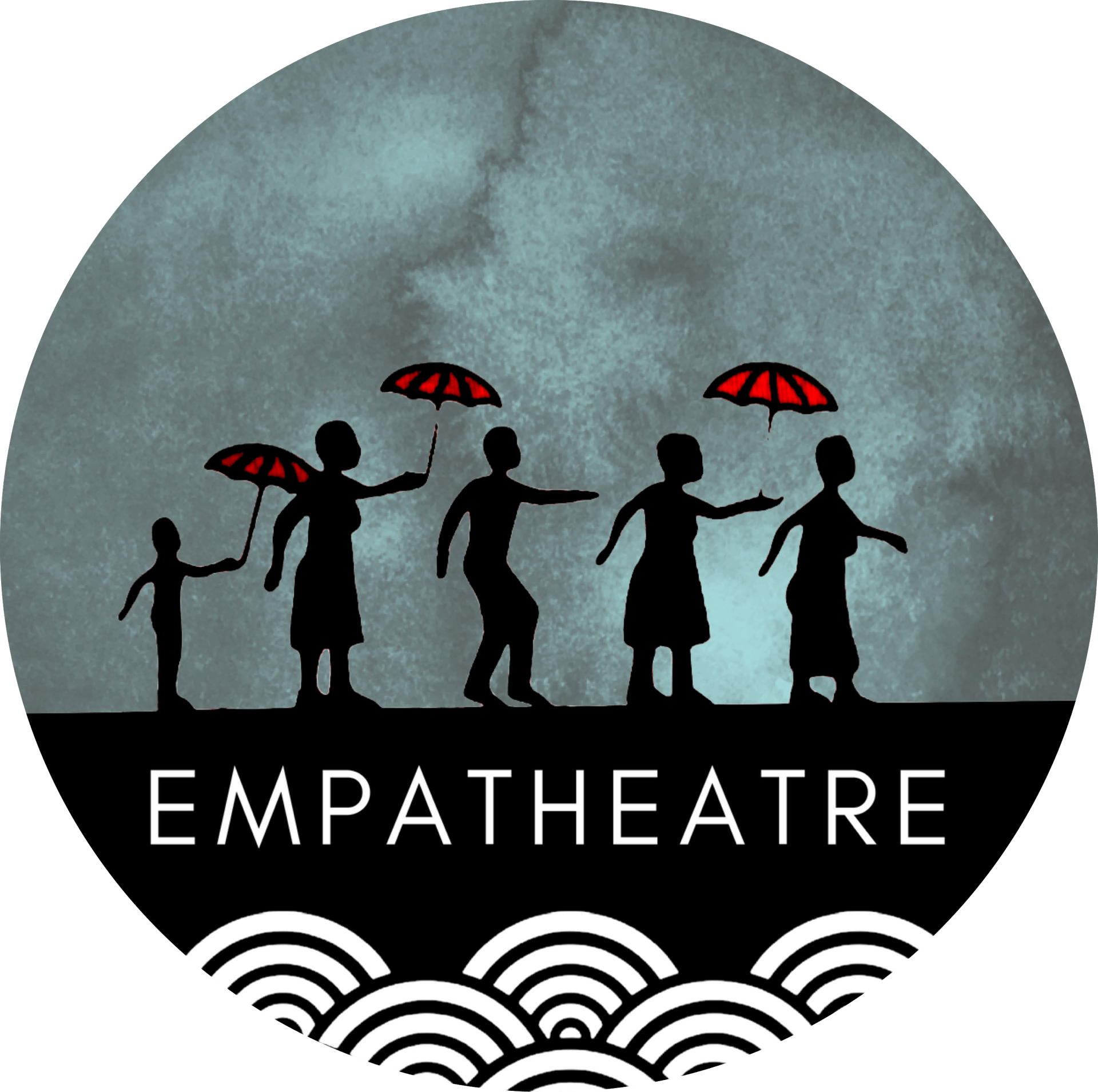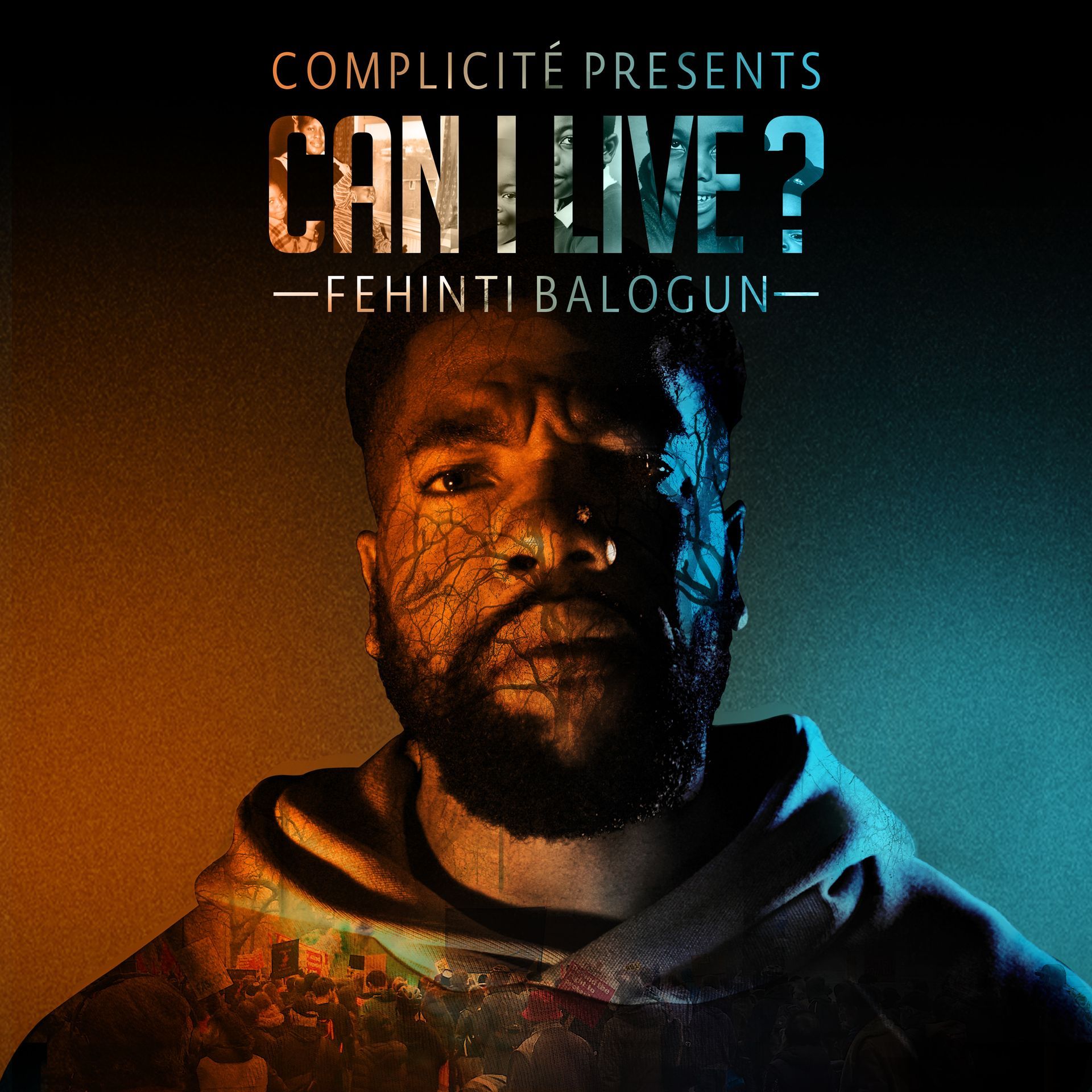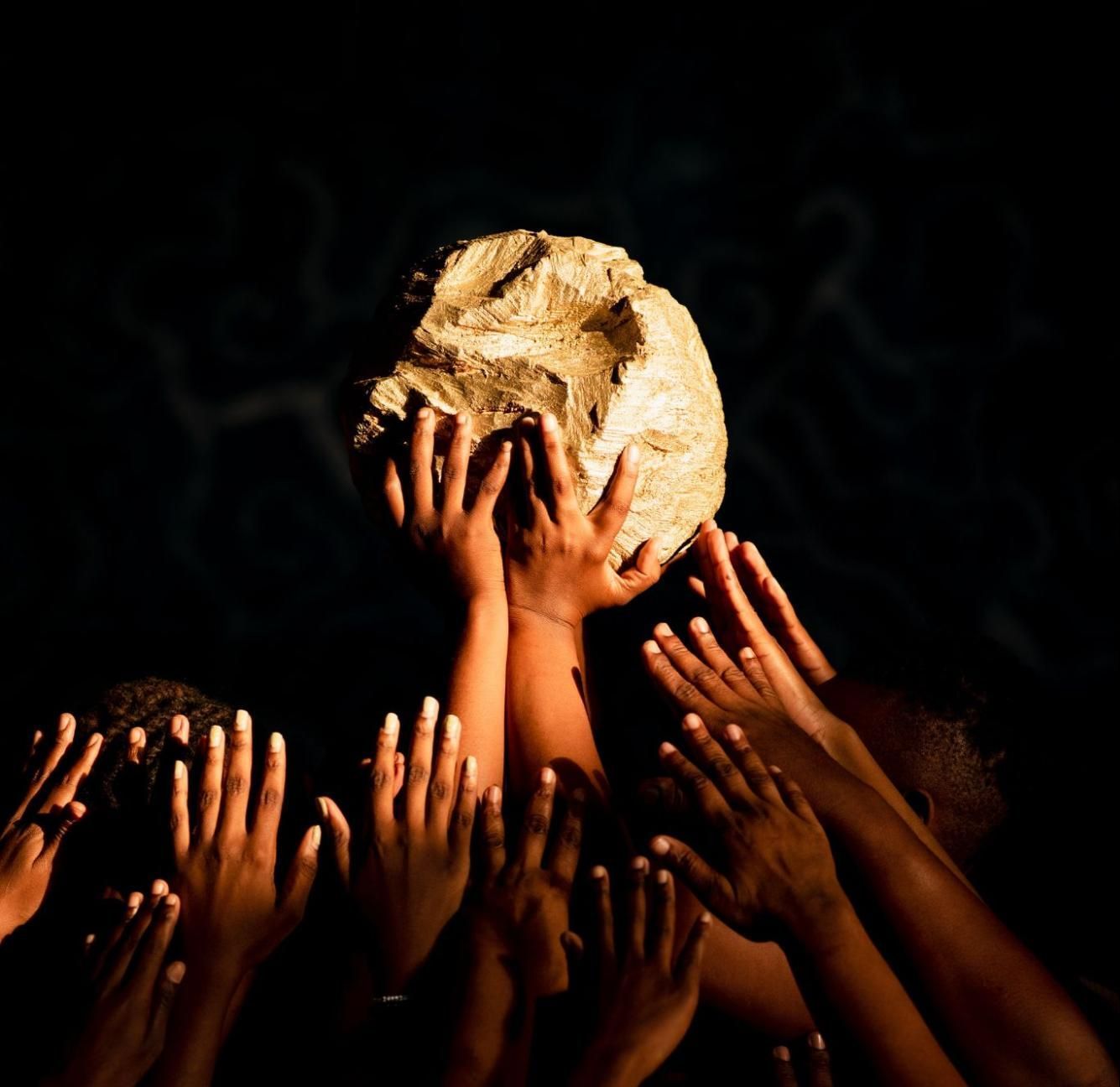Blog Layout
Natural Heritage IS Cultural Heritage written by Taryn Pereira
The below article was first published in The Mercury Newspaper in November 2019.
As South Africans stockpile boerewors in preparation for our annual Heritage Day celebrations on 24t September, it is worth remembering that our natural heritage and cultural heritage are two sides of the same coin.
A group of concerned activists and researchers are working on a strategy to appeal the Department of Mineral Resource’s (DMR’s) green light to Sasol and Eni (an Italian oil and gas company) to carry out exploratory drilling of the seabed off KZN – an authorisation that may have grave implications for our shared marine heritage; not to mention the perpetuation of climate crimes by some of the world’s worst carbon polluters.
Based on an Environmental Impact Assessment (EIA) DMR came to the conclusion that ‘The majority of the potential impacts associated with the planned drilling programme on the marine environment were assessed and rated to have negligible to low significance post-mitigation…and will not result to any detrimental risk to the environment and public. The authorisation is accordingly granted’.
This was met with anger and dismay by the South Durban Community Environmental Alliance and many other civil society groups, scientists and concerned citizens who were waiting for responses from the consultants and from the Petroleum Agency of South Africa to the numerous concerns they had raised.
The failures of EIAs are widely acknowledged. They are expected to carry out a public participation processes, but transferring the approaches of EIAs into the marine environment dilutes their effectiveness.
There is so much uncertainty about the impacts of even exploratory drilling on ocean environments. This should concern us deeply: we know that ocean health is already deeply compromised by human impact – plastic pollution, acidification due to climate change and overfishing.
But beyond the massive gaps in our scientific understanding of marine environments, and beyond the intrinsic right of ocean life to exist and thrive without disturbance from man and machine, there are aspects of human relationship with the ocean that are completely overlooked in this decision-making process.
There is one line in the environmental authorisation that refers to marine heritage: ‘In the event that the survey(s) conducted… identify the presence of archaeological sites or shipwrecks, the holder must notify the South African Heritage Resources Agency and the Petroleum Agency SA of the discovery’. This is the sum total consideration of the risk to heritage that seabed mining might have.
Considering the socio-cultural impacts of deep seabed mining must be a relief to political decision makers and mining companies who have had to answer to such crimes as desecrating burial grounds, bulldozing villages, relocating communities, turning drinking water to poison, and so on, through land-based mining. The seabed is the new ‘terra nullis’, holding riches and wealth untold with no one to claim it as their home.
It is this limited perspective that a group of researcher-activist-theatre makers-academics wanted to challenge. Using a methodology they call ‘Empatheatre’ Neil Coppen; Mpume Mthombeni; Dr. Dylan McGarry; Dr. Kira Erwin and others, set out to listen to the many stories of the sea.
Over the past few months, they have been speaking to scientists, fisherfolk, marine educators, traditional healers, zionist religious leaders, lifeguards, activists, surfers, and others about their relationship with the sea.
The KZN ocean and seabed holds profound and complex cultural and spiritual meaning for many people. Within isiZulu and isiXhosa spirituality, some ancestors dwell beneath the sea floor. This realm is where the souls of many departed family members reside and rest, as well as where traditional healers journey to learn from the ancestors during ‘twasa’, the process of initiation. The seafloor is a symbolic and spiritual space that holds knowledge and the afterlife. Mining the sea floor is therefore comparable to mining heaven.
Furthermore there are Shembe, Zionist, Hindu and other religious rituals centred around the sea as a site of spiritual cleansing and baptism. Even biological scientists affirm the cultural, spiritual and mystical significance of the ocean. Marine scientists at the South African National Biodiversity Institute include “muti and magic” as a category of interest in their deep-sea explorations.
Coppen also immersed himself in the archival research conducted by Neelan Govender and Viroshen Chetty which documents the long histories of South Indian Durban fisher folk and the ways in which their cultural, spiritual and livelihood practices are intimately connected to the wellbeing of the ocean.
These stories have been woven into an Empatheatre production called Lalela Ulwandle (Listen to the Sea). Empatheatre, as Coppen explains: “...is a theatre-based methodology that intentionally aims to inspire and develop a greater empathy and kindness in complex social learning spaces that are experiencing conflict or injustice.”
The Empatheatre team have been responsible for launching several high-profile social-justice theatre projects over the last decade including Soil & Ash (focusing on rural communities facing pressure from coal-mining companies), Ulwembu (street-level drug addiction), The Last Country (stories of migrant women) and now Lalela Ulwandle (stories of the sea).
The processes of deep listening to diverse stories, respect for socio-cultural relationships with place, and thoughtful dialogue, that have gone into this theatre production, stand in stark contrast to the extremely superficial consultation processes that we have to settle for in our so-called participatory democracy.
The authorisation for exploratory drilling off the KZN coast is one of many such decisions, hastening the expansion of extractive activities into our marine environment, when we still know so little about the long-term impacts; while our governance processes are still so deeply skewed in favour of powerful business interests; and when the stories and concerns of so many of our citizens go unheard. Once the damage to our ocean has been done, there is no going back.

September 14, 2023
How do we make sense of the violent histories that mark our past? This play, Isidlamlilo, forces us to engage seriously with this question. Depending on your own relationship with our violent history, this play awakens a profound and at times unsettling realization that history is a living breathing force in all our lives. Isidlamlilo is set in the dying days of Apartheid, and in the present democratic South Africa.


